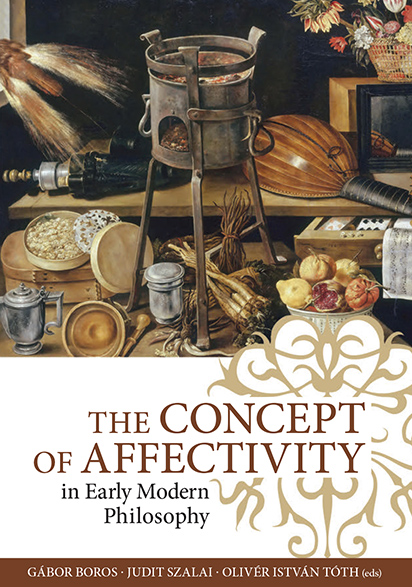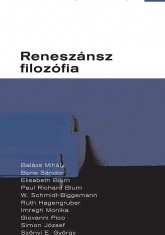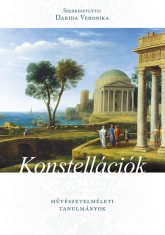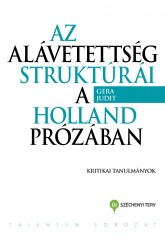A tartalomból:
There is no need to argue for the relevance of affectivity in early modern philosophy. When doing research and conceptualizing affectivity in this period, we hope to attain a basic interpretive framework for philosophy in general, one that is independent of and cutting across such unfruitful divisions as the time-honored interpretive distinction between “rationalists” and “empiricists”, which we consider untenable when applied to 17th-century thinkers.
Our volume consists of papers based on the contributions to the First Budapest Seminar in Early Modern Philosophy, held on 14–15 October 2016 at Eötvös Loránd University, Budapest. When composing this volume, our aim was not to present a systematic survey of affectivity in early modern philosophy. Rather, our more modest goal was to foster collaboration among researchers working in different countries and different traditions. Many of the papers published here are already in implicit or explicit dialogue with others. We hope that they will generate more of an exchange of ideas in the broader field of early modern scholarship.
Letöltés
Tipp
Az ingyenes feliratkozás menüpontban pár kattintással beállíthatod, hogy az egyes kiadványokhoz, sorozatokhoz tartozó új megjelenésekkor e-mailen automatikusan értesítést kapj.








